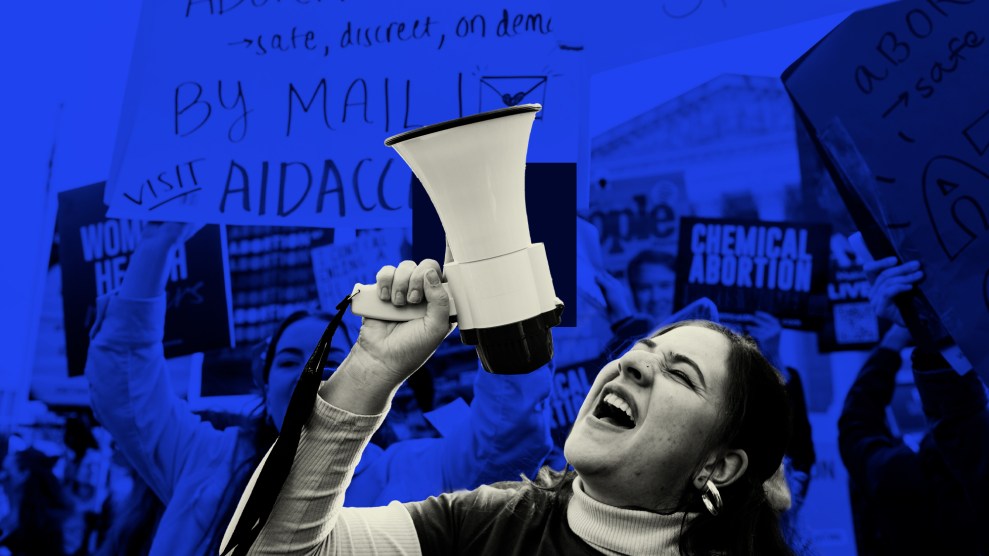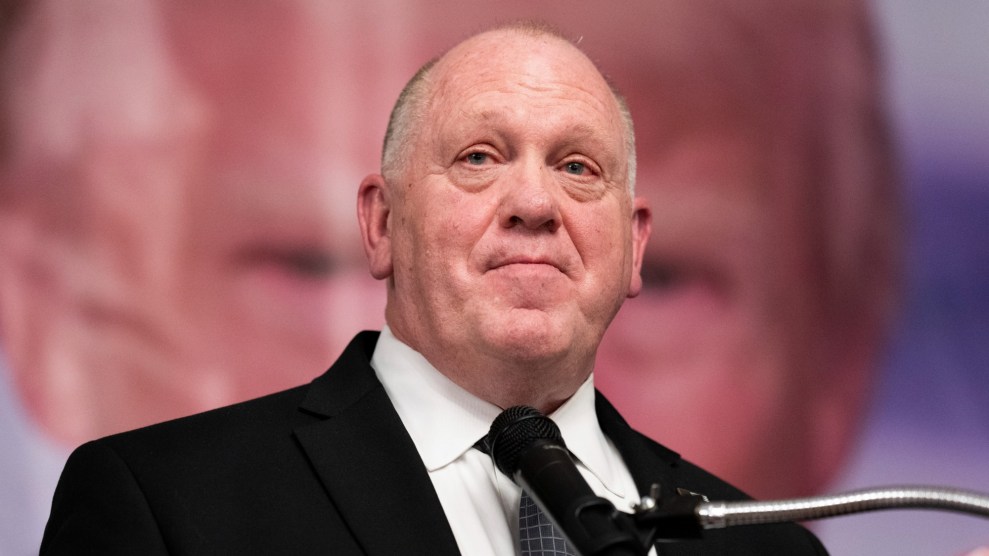In a move the AP described as “riding a crest of populist anger,” the House last week passed a credit card reform bill that goes after some of the industry’s most predatory practices. But even if it makes its way into law, the new legislation will still leave the people plenty to be angry about. Credit card issuers have been furiously jacking up interest rates (even as the Fed cuts them), lowering credit limits, and generally scrambling to take another pound of flesh from an already battered American public.
Credit cards have yet another perverse effect on the overall economy, as well: They force up consumer prices. “Little attention has been given to the $48 billion in fees that credit card companies extracted from merchants last year,’’ writes Stacy Mitchell of the New Rules Project. “Largely invisible to the public, these fees, which amount to $427 per household, are ultimately passed on as higher prices to all consumers, whether they use plastic or not.’’ Most of these transaction fees are collected by Visa, MasterCard, and American Express, which together control 93 percent of credit card transactions in the United States.
While Visa and MasterCard set the rates–now averaging about 2 percent–it’s the big banks issuing the credit cards that collect the fees. “Issuing credit cards has become a highly concentrated industry,” Mitchell notes. “The top four card issuers— Citigroup, Bank of America, JP Morgan Chase, and Capital One— account for more than 70% of all cards in circulation.” Following the release of the “stress test” results, at least two of these four banks are expected to line up for a new round of bailouts from the federal government. Yet they will continue simultaneously dipping into the narrow margins of America’s business owners.
In fact, the fees can all but kill off some small independent businesses. Mitchell cites the example of “Kathy Miller, fifth-generation owner of a general store in Elmore, Vermont, [who] testified before the Senate Judiciary Committee that, on a $10 gasoline sale, she makes 49 cents in profit and pays 47 cents in credit card fees.’” Mitchell writes:
Businesses that want to accept credit cards have no other choice but to pay these fees. Unlike many other countries, the U.S. does not regulate interchange fees and federal law prevents retailers from banding together and bargaining collectively. Only Wal-Mart has had enough market clout to negotiate with MasterCard and Visa, and then only with the aid of a lawsuit. Independent businesses are largely at the card companies’ mercy.
On top of all this, it turns out that small businesses are even getting screwed in the so-called Credit Cardholders Bill of Rights passed by the House. As John Tozzi wrote on his BusinessWeek blog:
The bill as written does not apply to small business credit cards, even though such cards are personally guaranteed and function exactly the same way consumer credit cards do. An amendment that would have made this change explicitly apply to cards issued to businesses with fewer than 500 employees did not make it out of committee yesterday…. If the House version passed today becomes law, credit card companies will have a loophole to subject small business customers to the tactics that ordinary consumers will be protected from.
All this just goes to show why piecemeal laws to protect consumers from a handful of the most devious practices will never get to the real problems. The answer to the credit card mess is a full fledged investigation by Congress, followed by meaningful regulation that takes in all the powerful players in the credit card business, including the banks that are at the bottom of it all.















